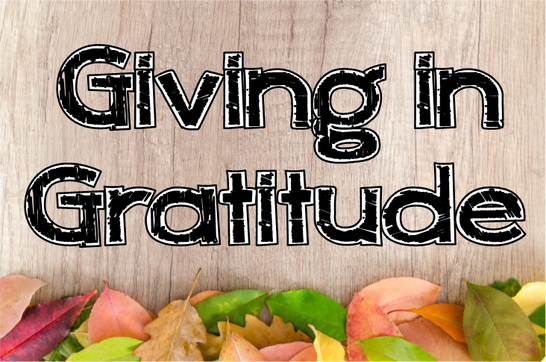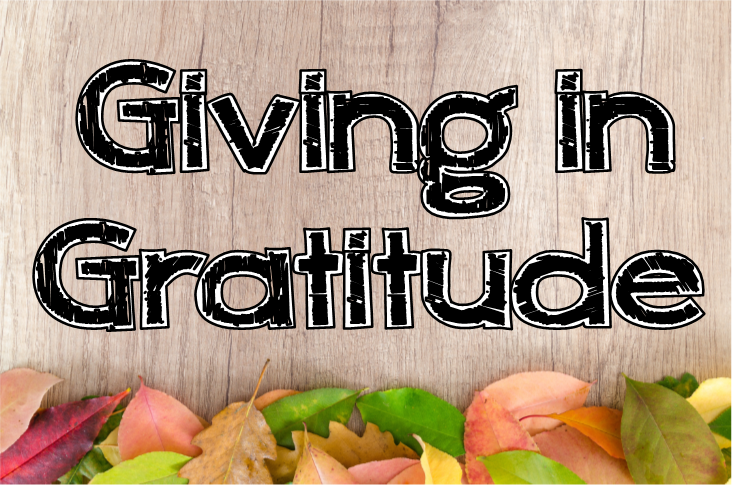|
By Pastor Tracey Leslie Scripture: 2 Corinthians 8:1-15; 9:6-12 When I was four my family moved from what was then the medium-sized city of Johnstown, PA to a tiny, rural community 35 miles north of Dayton, Ohio. Johnstown was a small-scale version of Pittsburgh at the time, with the city’s economy revolving around the steel industry. It bore no resemblance to little Lockington, Ohio. Not long after we moved there, I started kindergarten at a school with grades K-12 in the same building and on the same school bus. On the first day of school, I mounted those big bus steps in my dress, my lacey socks and white sneakers and stared down a bus aisle of children dressed in denim overalls as a variety of farm smells wafted through the air. While I had been eating my morning eggs in my nightgown at the kitchen table, many of the children on that bus had been gathering eggs from the chicken coop on the family farm. I had a tough go of kindergarten. Conversely, I remember my district superintendent on the day he showed me the church and parsonage for Marquette Park in Gary, telling me that “he wanted to be sure I would feel safe there.” Having never lived in Indiana, I had no baggage for Gary and discovered there a congregation comprised of many transplants from Pittsburgh who’d moved to Gary when U.S. Steel downsized. I was back among my people. Understanding culture is really important. Several years ago, I was asked to mentor a young woman who felt a call to ministry. However, she never completed the journey toward ordination because she did not understand, could not comprehend, the significance of worship as a necessary spiritual practice. It seemed to her that a God of love and grace, one all-powerful and all-knowing, would not need or even desire human worship. What could worship possibly do; what possible significance could it hold? Understanding culture is really important.
0 Comments
By Pastor Tracey Leslie
Scripture: Mark 6:30-44 Perhaps you have seen the Cascade detergent commercial featuring the adorable little girl with the ponytail. As mom is washing a casserole dish at the sink, the little girl posits the question: “My mom washes the dishes before she puts them in the dishwasher. So what does the dishwasher do?” It’s a good question. In 21st century America, we can only assume that, if you need to wash your dishes by hand before you put them in the dishwasher, something has gone significantly wrong with your dishwasher, your detergent or your water. After all, the entire point of a dishwasher is, well, to wash your dishes. A dishwasher is defined by what is does. So, too, compassion is a meaningless ideal if it does nothing. One might ask the question, “What does compassion do?” This morning launches Trinity’s fall stewardship campaign, Giving in Gratitude, as this morning we look at the blessing of broken bread. Today is also World Communion Sunday. Each year on the first Sunday of October, Christian denominations around the world are encouraged to celebrate communion as an expression of Christian unity and ecumenical cooperation. Today, all over the world, Christian leaders will take bread, bless it, break it, and give it to those who have defined themselves by the one who first took, blessed, broke and gave the bread. |
Sermon videos are currently available on our homepage.
Pastor Tracey
On a lifelong journey of seeking to live out God's call on my life and to reflect His grace. 10 Minute SermonsCategories
All
Sermon Archives
September 2022
|
Trinity United Methodist Church
Growing in love and service through relationships with God and community
|
Connect with Us:
|
|


 RSS Feed
RSS Feed





